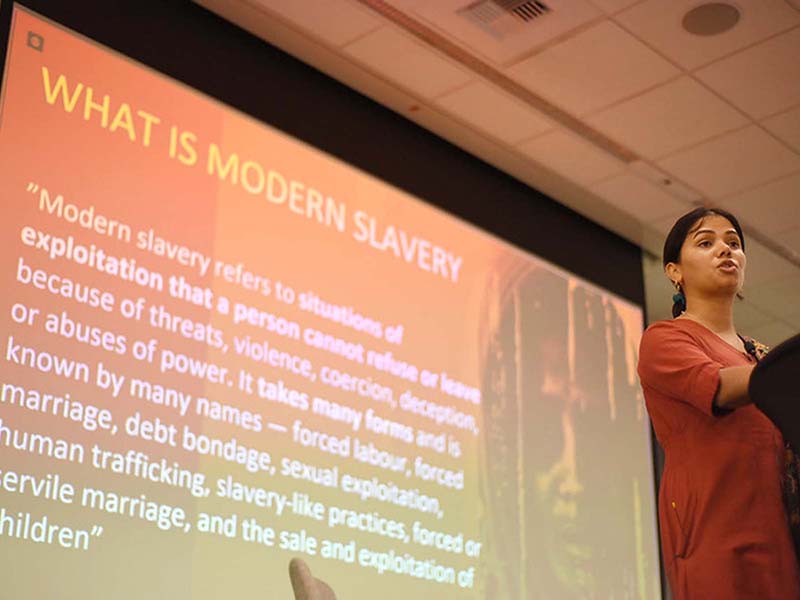For four years, BSR has worked with Stora Enso, a leading forest products company based in Finland, to support the company’s human rights journey. Stora Enso is one of the first companies globally to systematically track its human rights impacts and publish the findings.
The Challenge
Stora Enso initiated a company-wide human rights impact assessment (HRIA) in 2013. It was accelerated by a challenging situation in Pakistan the following year, when child labor was discovered deep in the local supply chain of a company in which Stora Enso held a minority stake. The goal of the HRIA, conducted together with the Danish Institute for Human Rights, was to gain a holistic view of Stora Enso’s potential human rights impacts in all of its 92 business units worldwide. Based on the findings, the company developed a global human rights action plan (HRAP) that features hundreds of action points.
Upon completing the HRAP, which included a collaboration with BSR to implement a local HRAP in China from 2015-2017, Stora Enso partnered with BSR to identify the company’s highest priority human rights issues. The goal was to find those human rights issues that Stora Enso has the most impact on and should therefore focus on when planning its work and allocating resources.
Our Strategy
Identifying Stora Enso’s human rights priorities was a unique project in how it was structured. As the company has transformed from a traditional paper company into a renewable materials company, its human rights profile has changed. A successful project required commitment from all business units and supporting functions; the project also had to reflect the real-world business challenges the organization was facing.
With frequent one-on-one engagement with the project steering group and function heads, BSR and Stora Enso mapped the company’s existing human rights systems and gaps in its processes. This diverse working group identified eight human rights priorities, which were then discussed and approved by Stora Enso’s executive team, making the bigger plan a company-wide effort.
Our Outcomes and Impact
Over the past four years, BSR’s support has helped Stora Enso to identify its highest priority human rights impacts and to develop a plan for addressing them. The eight highest-priority human rights will guide Stora Enso’s future work, which will include an updated due diligence and monitoring program.
Case studies on Stora Enso’s work have been shared within the BSR Human Rights Working Group as topics for discussion and learning, which has directly impacted the group’s member companies and, more widely, the global human rights field.
Lessons Learned
Companies about to undertake the development of a comprehensive human rights program may want to consider these suggestions.
- Remember that it’s not only about scale: Normal risk thresholds may not work when it comes to human rights. Stora Enso was first exposed to serious human rights issues in the supply chain of a minority investment company in an emerging market. The subsequent publicity impacted the company’s reputation heavily for more than two years.
- Gain internal buy-in: Involve all relevant business functions when developing your human rights program. True commitment and willingness to act come from inclusion in the process.
- Ensure practicality: For human rights recommendations to turn into action, they need to be pragmatic. Introduce plans that are realistic to implement, measure, and assess.
- Get top management sign-off: Having top management approval demonstrates that human rights are important to the company. Involve leaders at an early stage.
Let’s talk about how BSR can help you to transform your business and achieve your sustainability goals.








